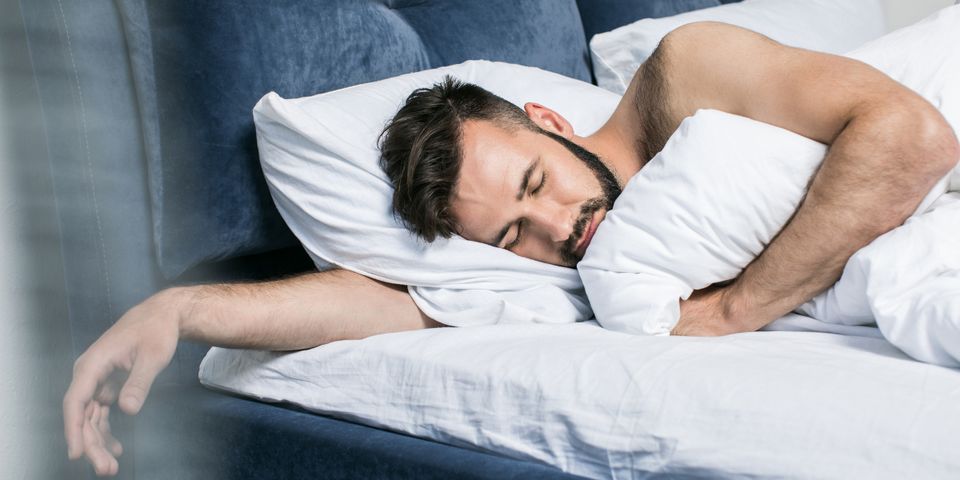
Occasional teeth clenching or grinding is common and rarely causes harm or oral health issues. But done regularly, teeth grinding, medically known as bruxism, can be harmful. Since grinding often occurs in sleep, it's difficult to know if you are a sufferer. Here are some signs that can help you and your dentist identify if you are a tooth grinder, some facts about the habit, and what problems knowledge can help you avoid.
What Causes Teeth Grinding?
Stress and anxiety are often blamed for teeth clenching and grinding, but many other causes are associated with the habit. Tobacco use, alcohol, and caffeine consumed before bed are also known contributors. Some medications, like those for depression, neurological conditions, and medical conditions have all been linked to the behavior.
How Does Teeth Grinding Affect Your Oral Health?

Chronic teeth clenching can wear away the enamel and possibly the dentin, both critical components of dental health. Teeth worn by grinding are more susceptible to tooth decay and infection. The force from your jaw, some of the strongest muscles in the body, puts enough pressure on teeth while you are sleeping to cause tooth chips and fractures, loosen teeth, and even cause them to fall out.
Gum irritation resulting from bruxism can cause them to recede or pull away from the teeth, creating pockets for bacteria to accumulate, leading to infection and tooth loss without intervention by a dentist. Chronic teeth grinding and clenching could cause problems with the temporomandibular joint, found on either side of the jaw that connects the jaw to the skull.
How to Tell You're Grinding Your Teeth?
Some bruxism sufferers complain of consistent headaches, particularly near the temples, and many have morning jaw muscle soreness or sore teeth. If you notice your teeth aren't as sharp as they used to be, it is likely grinding has flattened their surface. If you wake up with broken or dislodged dental finishes like fillings and crowns, or if your teeth are sensitive to heat or cold, your dentist may consider these reasonable indications that you grind your teeth.
If you experience any symptoms associated with teeth grinding, turn to Gladstein Dental Center. This dentist provides treatment for many conditions, including temporomandibular joint, jaw, and muscle problems, and offers routine cleanings and exams to clients throughout New Britain, CT. Call (860) 223-1162 to book an appointment for advanced dental care, and visit the website to learn more about how they can keep your teeth, mouth, and gums healthy.
About the Business
Have a question? Ask the experts!
Send your question

